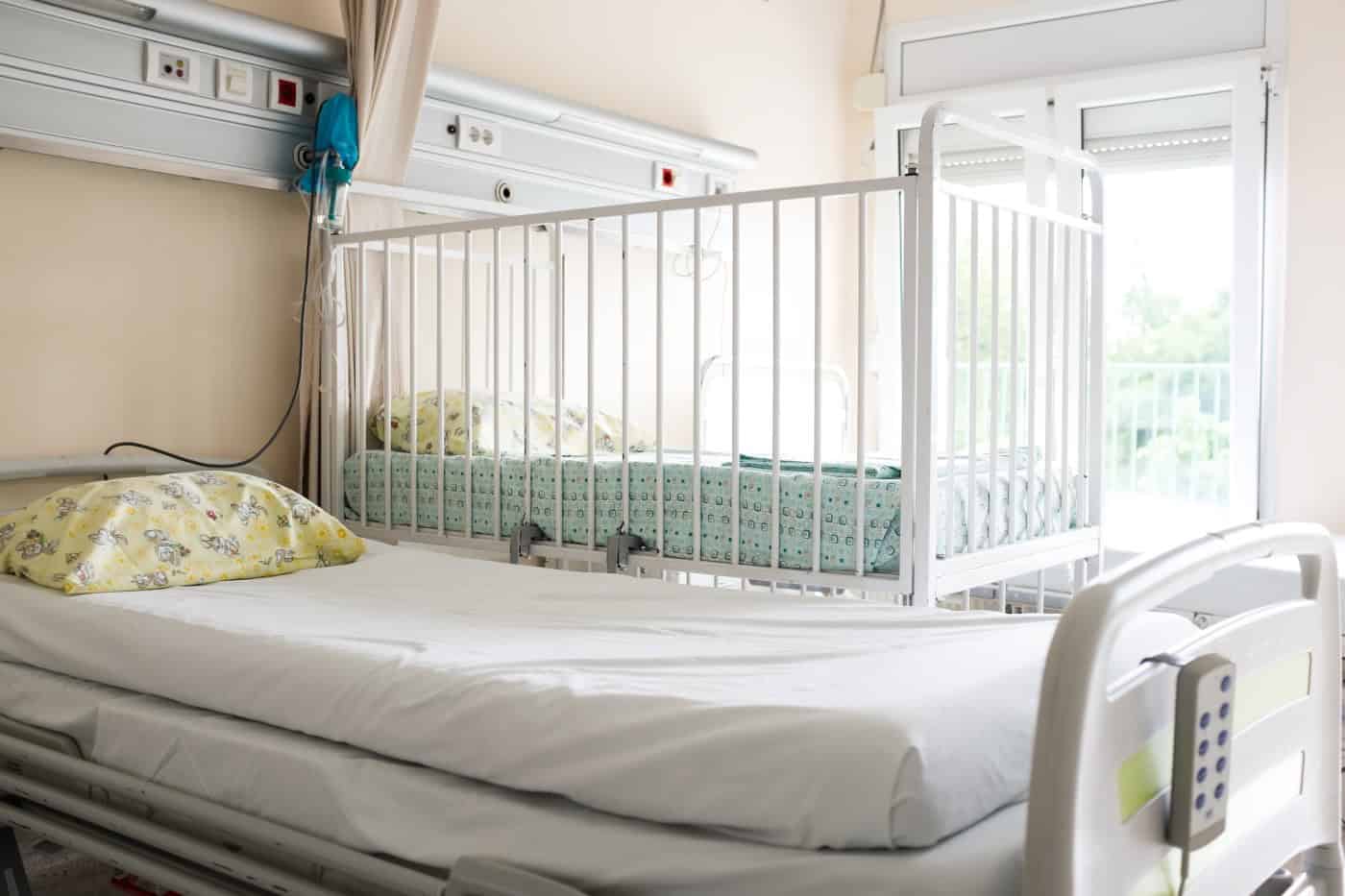
The Ockendon Report: Unprecedented failings at Shrewsbury and NHS Trust
My heart sank today as I watched the rather impressive senior midwife, Donna Ockenden deliver a press conference on her review of the shocking and catastrophic widespread failings at the maternity unit at the Shrewsbury and Telford NHS Trust, the scale of which is unprecedented.
She went to great lengths to stress that there has been a systemic culture of cover up, with staff at the maternity unit being told by management not to speak up about failings. Those staff at the unit who had approached her team, some as recently as March 2022, were fearful of the implications of doing so, including losing their jobs and being bullied, but felt that they had a duty to do so.
This worrying culture meant mistakes were not investigated, parents’ concerns were dismissed and failures in care continued to be repeated again and again, tragically resulting in death or serious injury to both mothers and babies.
If and when mistakes happen, it is vital they can be openly and honestly discussed and that learning is gleaned from them so that they are not repeated. This must be so in any setting, but it is all the more important in healthcare settings, where mistakes can result in serious injury or death.
I last blogged on the need to encourage a culture where hospital staff could openly and honestly speak out to improve standards in patient care back in 2013 in the wake of another scandal involving widespread failings, this time at the Stafford Hospital. Robert Francis QC was appointed to examine the quality of care at Stafford and highlighted the need to address what he termed a ‘culture of fear’ in the NHS, calling for a duty of openness and candour. I commented back then, depressingly, some nine years ago, that this was a clear communication to NHS organisations that it was not acceptable to suppress complaints or attempt to sweep sub-standard practice under the carpet. I fully supported the recommendation to embrace a legal duty of candour, but cautioned it would only result in real improvements in patient care if there was a major cultural shift in the attitude towards speaking out.
Shrewsbury shows that sadly, 9 years on, some NHS Trusts have failed to make that cultural shift. This is now urgently needed to empower healthcare workers to speak out without fear of recrimination about poor standards of care to managers who will listen to them. It is only by being open and honest about such problems at every level that they can be addressed and resolved and ultimately the standard of care improved and catastrophic and fatal mistakes prevented.
A cultural shift is also needed so that the families affected by these incredibly distressing and tragic events can be treated with respect and dignity. Rather than being fobbed off or worse, being told they were, in some way, to blame, the very least they deserve is to receive a full apology and an honest and open explanation of what went wrong with the reassurance that lessons have been learned.
It seems ironic then that the people who did tirelessly and bravely speak out were the mothers who lost babies or whose children sustained serious brain injury as a result of the failings at Shrewsbury. It was their tenacity and refusal to give up that resulted in Jeremy Hunt, during his tenure as Health Secretary commissioning Donna Ockendon’s report. Hopefully, this report will result in improvements in patient care and safety. It is this approach that now needs to be fully embraced by Shrewsbury.
In my work as Head of the specialist Child Brain Injury team at Bolt Burdon Kemp, I see on a daily basis not only the trauma suffered by parents and babies as a result of mistakes made in maternity care, but also the reality of caring for a child with complex and evolving needs. The impact of mistakes, the like of which were made at Shrewsbury are far reaching and lifelong for not only the child concerned, but also for their parents and siblings. One of the most distressing things for parents to come to terms with, in my experience, is that often their child’s catastrophic injuries or death could have been avoided. Let’s hope that Shrewsbury will mean that lessons have been learned and the mistakes that have caused such trauma, distress and heartbreak to so many will never again be repeated.










